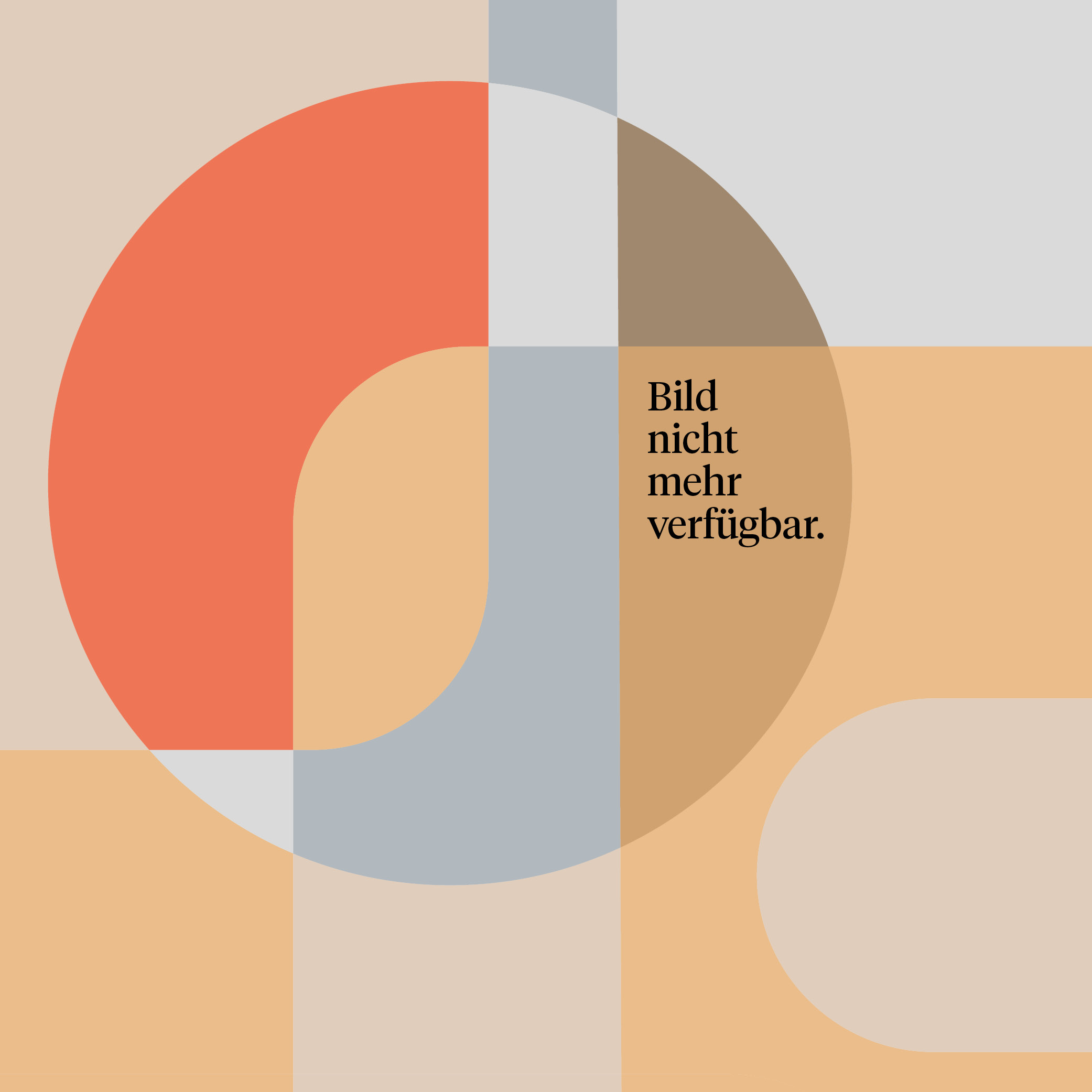Holiday conversation
Welcome to our favourite time of the year! Where are you spending your summer vacation? Somewhere nice, we hope.
Here’s some English that might help you communicate abroad. Though we promise to keep it short and sweet, because your amazing Business English is supposed to be on a break while you are lying on a beautiful beach.
1. Useful sentences for small talk
- “What part of the country are you from?”
- “Do you come here every summer, or is this the first time?”
- “Can you recommend a good restaurant?”
- “What hotel are you staying at?”
- “What was the best thing you have seen or done so far?”
- “We are looking forward already to returning next year!”
2. Useful vocabulary (and a few “false friends”)
- What Austrians call their “Handy” is a mobile phone (UK) or cell phone (US).
- An “SMS” is a text message, and the verb is “to text”. (Example: “Can you text me your address?”)
- Your accommodation is the place you are staying in (hotel, bed & breakfast, Airbnb, etc.)
- In Austrian restaurants it is customary to tell the waiter that you would like to pay. But in English-speaking countries you ask for the bill (British English) or the check (American English).
- When you need service staff at the restaurant, call “Excuse me!” – do not call for “waiter” or “waitress” as this could come across as quite rude.
- Toilets are often referred to as the restroom or bathroom, or just ladies’ / gents’.
- What Austrians call a “Klimaanlage” is air conditioning, or short: A/C. A “Ventilator” is called a fan.
- Spare money is called change. You could tell service staff to “keep the change” if you want to tip them. If you “don’t have any small change” at the supermarket, it means you don’t have any coins, just paper money.
- Hotel is pronounced with an emphasis on the second syllable (long e) – just like in German!
- A sweet dish is called dessert. Unlike the sandy Sahara desert, it is pronounced with an emphasis on the second syllable and should rhyme with “shirt”.
- Fun vs. funny: If you enjoy an activity, it’s fun. Funny means that something is either humorous or strange/weird. For example: swimming is fun, the joke is funny, and a funny smell in your room is unpleasant.
- It’s “WLAN” in German, but WIFI in English. The person who knows the WIFI password is also known as your friend.
We wish you a wonderful summer!

Das „English Teacher Training College and Bilingual Classroom Initiative (ABCi)“ ist eine Non-Profit-Organisation mit Hauptsitz in Vorchdorf in Oberösterreich, der 2011 von einem Amerikaner und einem Australier gegründet wurde. Ziel ist es, eine Ausbildungsplattform für Englischlehrer aus der ganzen Welt zu sein und damit gleichzeitig das Sprachenlernen und den Kulturaustausch zwischen englischsprachigen Ländern und Österreich zu fördern. ABCI vermittelt angehende Lehrer von englischsprachigen Ländern in österreichische Klassenzimmer für Projekte mit den Kindern und will bis zum Jahr 2020 jedes Schulkind in Österreich durch einen englischsprachigen Native Speaker unterrichtet haben.
Daneben werden auch für Erwachsene Mitgliedschaften und Englischkurse durch Native Speaker angeboten. Teilnehmer seien großteils Berufstätige, die sich neu orientieren wollen, sowie selbstständige Unternehmer, die sich verstärkt mit einem internationalen Publikum verständigen möchten. Die Kurse finden an den drei Ausbildungsstandorten Vorchdorf (OÖ), Pressbaum (NÖ) und Frantschach (Kärnten) statt. Nähere Infos auch auf der Website unter: www.abci-english.at





